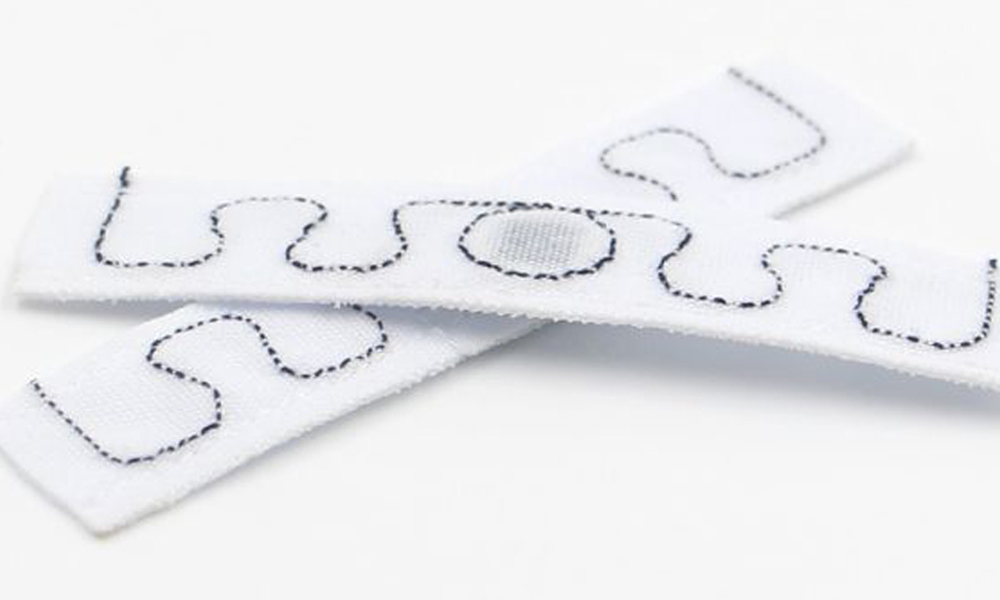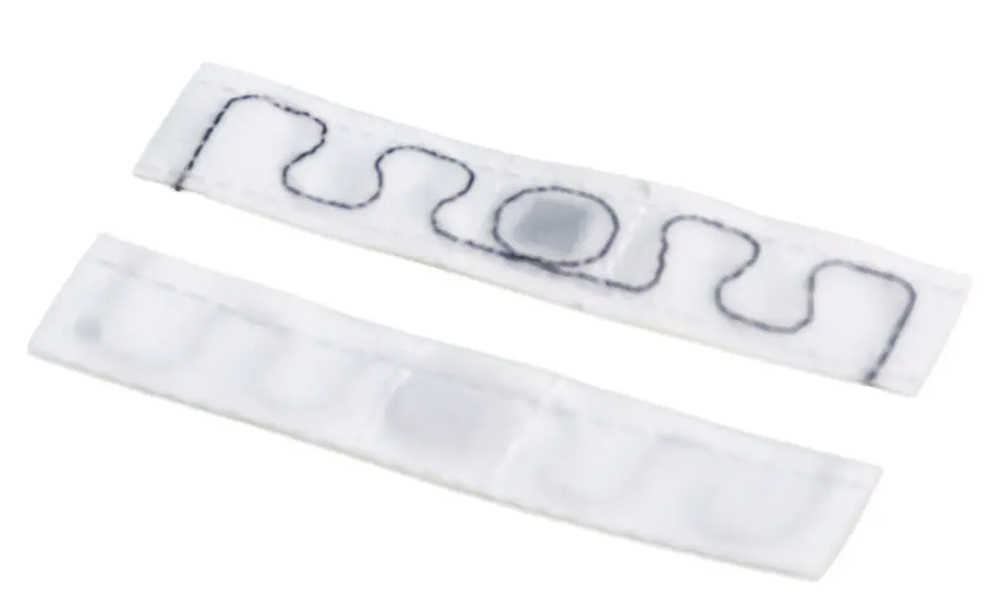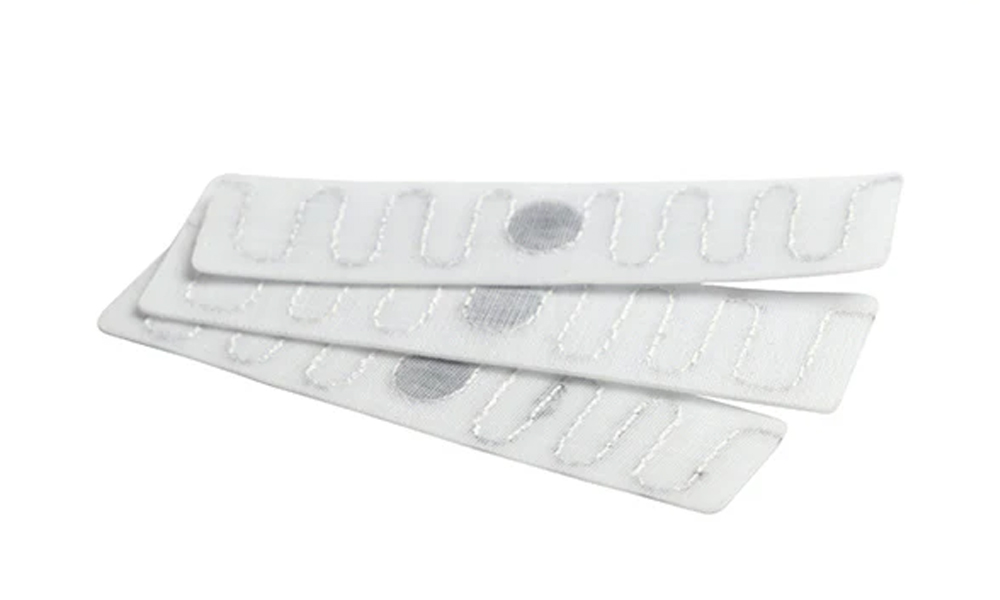
Everything You Need to Know About RFID Tags
This article delves into the world of RFID tags, explaining their functionality, types, and applications.
The use of RFID technology dramatically cuts down on manual labor requirements and aids in making the sorting procedure more efficient. There is no need for staff to manually scan barcodes or identify sheets; merely one or two operators are sufficient to advance items to the subsequent phases of the cleaning process.
Real-time and accurately maintained records of washing counts guarantee the tracking system is persistently updated with the most recent cycle count data. Once extracted from the washing machine, linens or attire equipped with RFID tags are recognized by an RFID reader. This reader is automated to identify the RFID laundry tags stitched onto the textile.

RFID laundry tracking technology replaces manual record-keeping, replacing it with an automated process that provides real-time data collection. With the introduction of RFID tags into the fabrics, on-the-spot, error-free inventory counting can readily take place.
RFID laundry tracking offers an immediate, clear inventory insight simplifying both the identification of potential thefts or loss issues and their resolution processes. Manual inventory methodologies inherent with human errors pose serious financial risks, something that can be battled effectively with RFID technology.

The analysis of data captured by RFID tags can lead to a profound understanding of customer usage patterns and preferences.
Traditional stock-keeping methods more often than not fall short in effectively identifying lost articles. Equipped with unique ID codes, RFID laundry tags create the means to precisely locate lost or purloined textiles.This feature not only aids in deterring theft but also simplifies the procedure of resolving issues and ascribing accountability where due.Moreover, RFID technology strengthens security by generating a digital log of each textile item’s movement. This digital trail facilitates the precise tracing of location and timing of any incongruities or items missing-in-action via the laundry software.Ultimately, these RFID tags provide a framework that permits the implementation of preemptive measures to prevent future losses and ensure a more secure inventory management system.
Like every technological advancement, the implementation of RFID into laundry services requires strategic planning and carefully executed integration. But when done correctly, it promises to bring overwhelming enhancements to the industry.

In conclusion, RFID technology presents significant advantages for the laundry industry by streamlining processes, enhancing inventory control, and reducing losses and theft. The automation enabled by RFID tags minimizes manual labor and errors, ensuring efficient sorting and accurate tracking of washing cycles. Real-time data collection facilitates superior inventory management, allowing for prompt and precise inventory counts. Additionally, RFID technology provides valuable insights into customer behavior and preferences. The implementation of RFID tags also strengthens security by creating a digital log of each textile’s movement, aiding in the quick resolution of misplaced or stolen items. While the integration of RFID requires strategic planning, its successful application promises substantial improvements in efficiency, security, and overall operational effectiveness within the laundry industry.
Newest trends and common knowledge in RFID laundry tags.

This article delves into the world of RFID tags, explaining their functionality, types, and applications.

PPS RFID Laundry Tags are specialized radio frequency identification (RFID) tags designed specifically for use in the harsh environments of industrial laundry processes.

TK4100 key fobs use 125 KHz RFID technology for reliable, battery-free access control. With a durable waterproof ABS casing and unique 64-bit ID, they’re perfect for high-traffic applications.
Didn’t find what you want? Ask our manager for help!